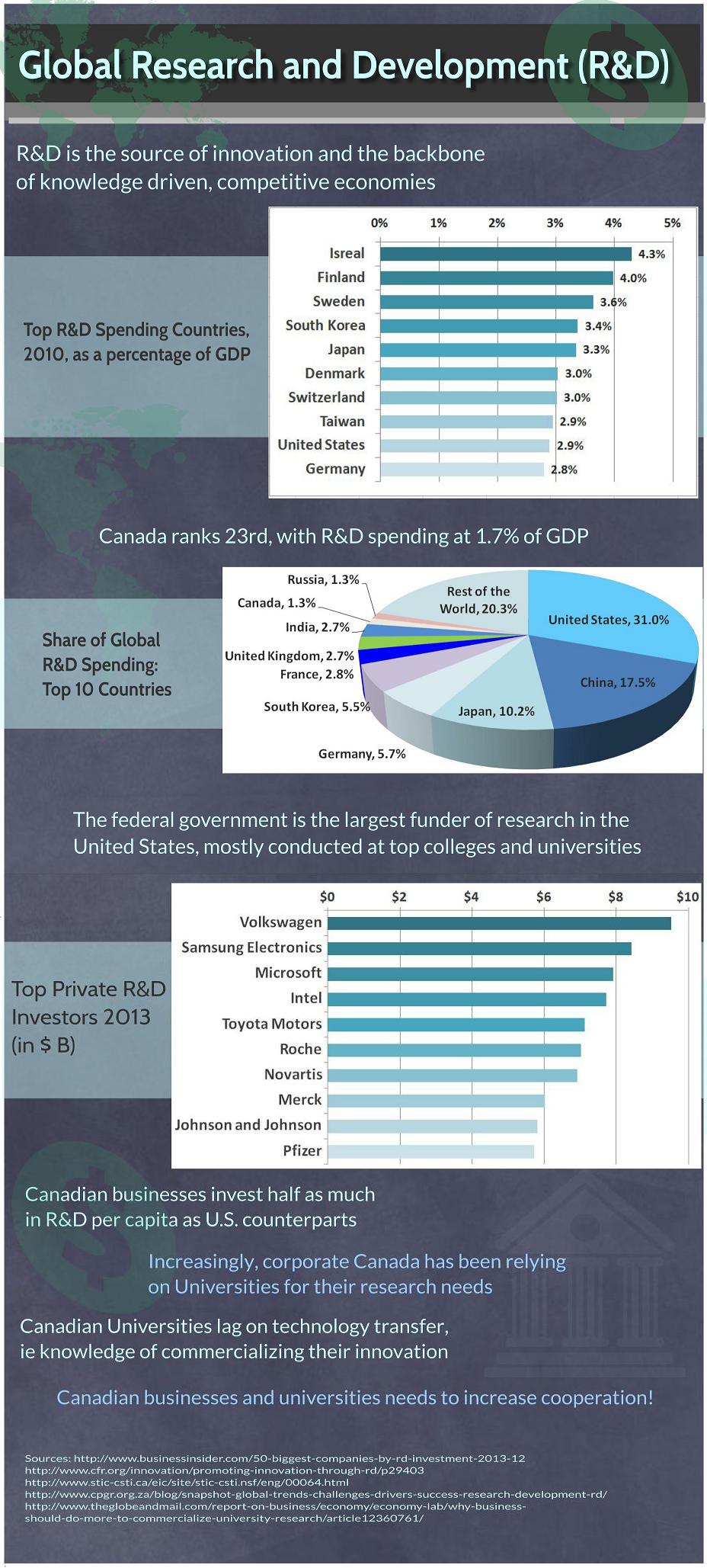Abstract: Security experts and governments across the world, from Canada to Australia, have sounded the alarm on China’s multifaceted attacks on foreign countries, including NATO member states and allies. China’s one-party government, the Chinese Communist Party (CCP), recognizes that acquiring foreign technology, both industrial and military, are essential to achieve its long-term strategic goals. Indictments and allegations of espionage highlight that the CCP has sought to challenge traditional remedies for managing political and economic interference, and erode current pillars of global security and international order. China has used both legal and illegal means, such as exploiting and circumventing international law to acquire intellectual property in order to achieve its goals.
The People’s Republic of China (PRC) has experienced lasting economic growth each year for the past few decades, and has outlined ambitions towards becoming a dominant player in the world’s globalized economy, such as through the country’s Belt and Road initiative. This, however, could challenge the current transatlantic orientation of several economies throughout Asia and Europe, and may not be in the interests of Canada’s American and European allies. According to a report from the U.S. Department of Defense, China has sought to acquire Western technology to modernize its economy, and build weapons that will strike farther, harder and faster to rival the strength of the U.S. military.
China is still largely reliant on Western technological capabilities – a reliance the CCP is trying hard to break away from. The country has thus sought to steal Western technological capabilities such as that of jet engines, to develop new commercial and military capabilities that could challenge current Western industrial power in areas such as self-sustainable energy infrastructure, military equipment, and aerospace technology. China has set long-term strategic foreign policy goals, and has been making use of physical and cyber-enabled espionage to achieve this. China’s methods include debt-trap diplomacy, and gaining central control over global resources. Chinese officials in foreign countries have been accused, and indicted of malicious spying on foreign governments, including governments in Europe and in the United States. In November 2018, ten officials from China’s Ministry of State Security were indicted by the U.S. Department of Justice for attempted cyber-espionage. The group attempted to hack into the systems of a US company as well as a French company who specialise in turbofan engines for use in commercial airliners. In a recent investigation by Five Eyes, a security and intelligence alliance between the U.K., Canada, the U.S., Australia and New Zealand found that the CCP was connected to a Chinese cyber espionage group dubbed the APT-10 (Advanced Persistent Threat). The report accuses APT-10 of working on behalf of the Chinese government to illegally acquire the intellectual property of key industries, including commercial, financial, and military technologies.
While some countries, such as those in Africa and Asia, are welcoming Chinese foreign investments, others are beginning to restrict access to their markets. Ward Elock, former director of the Canadian Security and Intelligence Service (CSIS), expressed concerns about a CCP controlled phone company, Huawei, and its operations in Canada. Huawei’s chief financial officer, Meng Wanzhou, was arrested in December 2018 in Vancouver, British Columbia and currently faces extradition to the United States on fraud charges. In the United States, the Department of Commerce imposed a ban on American companies exporting materials, such as software and hardware, to the Chinese telecommunications company Huawei, citing that China has broken international sanctions by illegally shipping equipment to North Korea and Iran. The Pentagon has also ordered a ban on Huawei telecommunications equipment in U.S. military bases around the world, citing security threats.
Ultimately, there is a growing threat of Chinese intellectual property theft and political and economic interference. While it would be unwise to rush into frivolous allegations towards Chinese enterprises, and assume all Chinese workers are seeking to conduct espionage on behalf of the CCP, robust intellectual property protections and transparency measures must be taken to mitigate and prevent this risk. China’s economy and development has improved drastically over the past half-century. It has also, however, been competing unfairly in international trade, which China has been using to extract intellectual property from foreign countries. The country has gotten away with one-sided and overly competitive trade agreements on the international assumption that it is still a developing country, which isn’t exactly true in the twenty-first century. China is the second largest economy in the world, is one in the top countries experiencing the greatest GDP growth, and as such, the international community must overhaul outdated understandings and trade deals with China.
Following the arrest and extradition of Meng to the United States in December 2018, China has responded by detaining at least thirteen Canadians, one of whom is a former Canadian diplomat. Another Canadian, Robert Llyod Schellenberg, was sentenced to fifteen years of imprisonment on drug smuggling charges. In January 2019, during an appeal on his sentence, the court found Shellenberg’s sentence too lenient and subsequently sentenced him to death. Following this incident, the government of Canada immediately updated its travel advisory on China to increase the level of threat due to the arbitrary enforcement of laws and penalties. It also encouraged Canadians in China to exercise a high degree of caution. Executions are not uncommon in China, as China is the world’s single largest executioner according to Amnesty International. What the Schellenberg death sentence does highlight, however, is that this was a retaliation against Canada for the arrest of Meng Wanzhou. U.S. Secretary of State Mike Pompeo suggested that the retrial and death sentence against Schellenberg was politically motivated and expressed solidarity with Canada. Other governments also expressed support for Canada as the feud deepened, including the United Kingdom, Germany, France, Australia, and more. This may indicate a warp in the understanding of international order and global governance between that of the trans-Atlantic community and the CCP. As a result, a disruption to the norms of diplomacy may be underway as China aspires leadership in global affairs.
Featured photo: DoD Officials: Chinese Actions Threaten U.S. Technological, Industrial Base (2018), by: Airman Magazine via U.S. Department of Defense. Public domain.
Disclaimer: Any views or opinions expressed in articles are solely those of the authors and do not necessarily represent the views of the NATO Association of Canada.
Author
-
Dakota Bewley is currently in his final semester of his undergraduate bachelors degree studying Criminology, at Wilfrid Laurier University, all the while doing a Junior Research Fellowship at the NATO Association of Canada, and working for the City of Kitchener part-time. Throughout Dakota's time at university, and prior to, he has refined his interpersonal and communication skills, demonstrated good judgement and problem solving capabilities, refined analytical skills and attention to detail and gained knowledge in areas such as world history and cultures. Dakota has further expanded his interests in subjects such as, national security and global terrorism, international economics and crime, and other world issues. Following Dakota's fellowship at the NATO Association of Canada, and the completion of his bachelor's degree in 2019 he seeks either apply to a master's degree in national security, or get to work in the field of national security.
View all posts




